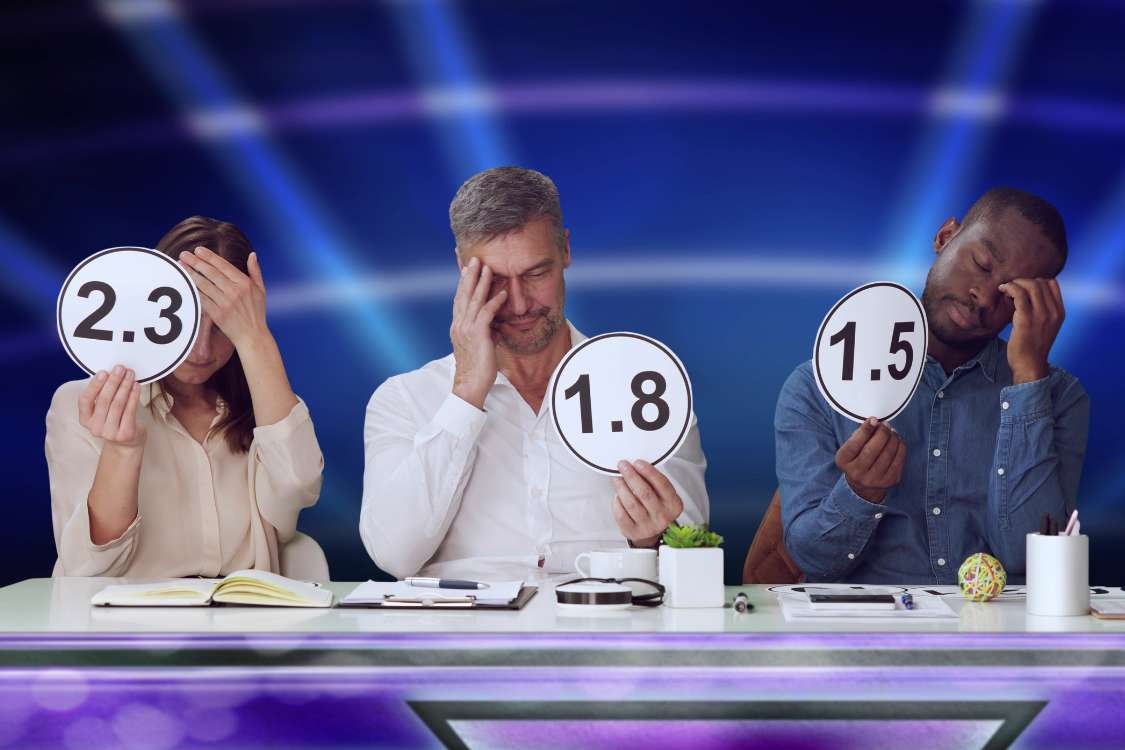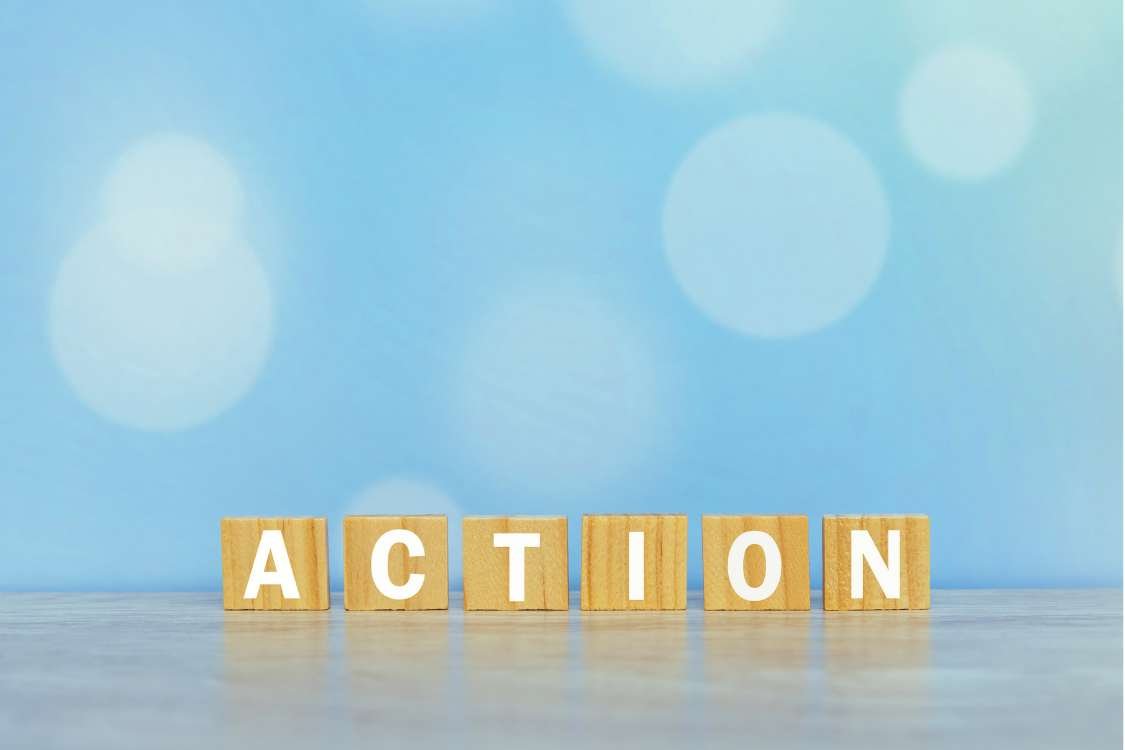Personal Statement checker
Have you finished your UCAS Personal Statement and want to know if it's any good?
Are you a parent who is looking at their child’s statement so you can give them feedback?
Or are you a teacher or adviser faced with providing feedback on lots of Personal Statements?
If so, this checklist is for you!
Just check for these eight essentials, and you’ll have a pretty good idea of whether your statement is good to go!
1. Does it show clear motivation to study the subject?
Firstly, does the statement, as a whole, effectively get across why the subject or course has been chosen, whether through a specific experience, or a combination of factors?
2. Does it provide relevant evidence of motivation and skills?
Specifically, does the statement contain at least two of the following:
A discussion of previous academic studies, and how these link to the course, providing evidence of being motivated to study that subject and having the skills to do so.
Examples of super-curricular activities (reading, podcasts, taster-courses, competitions etc.) that have been done, again evidencing motivation and skills that are specific to the course.
Details of work experience or volunteering that show knowledge of the relevant profession, and an understanding of the skills required.
Examples of extra-curricular activities demonstrating specific or transferrable skills that are relevant to the course.
3. Is the evidence appropriate for the type of course?
If the course is heavily academic, is the focus on academic and super-curricular activities?
And if the course is professional or vocational, does the statement give clear examples of work experience or relevant extra-curricular activities that demonstrate knowledge of the profession or career?
4. Does the statement show reflection on each experience?
When giving examples of experiences, does the statement show reflection on what was done and how it is relevant to the application? E.g. use of A (Activity), B (Benefit), C (relevance to the Course).
And is there at least one example where the statement goes deeper into this type of reflection, describing not just what happened, but how the student felt and responded, analysing what impact it had on them, and what they did next as a result?
5. Is there a strong conclusion?
Does the statement finish strongly with a concise closing statement to sum up motivation to study, relevant skills, or how the course will support future plans.
6. Is grammar and spelling correct, and the statement easy to read?
Are there any simple grammar or spelling errors that need to be corrected? As importantly, does each sentence flow, making it easy to understand each example and its relevance to the statement as a whole.
And are there any words or phrases that sound awkward? You may want to read it out loud to check this.
7. Does the statement feel authentic?
If it’s your statement, can you honestly say that it represents you, your experience and your motivation?
And if you are looking at someone else’s statement, does it sound like them?
If not, then something is not quite right.
8. Is anything missing?
This is the most difficult thing to check for, and is often the sort of question that only parents or very close friends can answer! But is there any specific experience that the student has that is missing from the statement, and could be added to provide a stronger example than those given?
If so, have a think about how and where it might be added.
In conclusion…
If you can say that you’ve checked for each of these eight things, and that the statement gets a clean bill of health for all of them, then chances are, the statement is ready!
In the case of super-competitive courses (Oxbridge, medicine etc.), you may also want to get an expert in the subject or profession to have a look and make sure your discussions are at an appropriate level.
But for most courses, you are almost certainly good to go!






